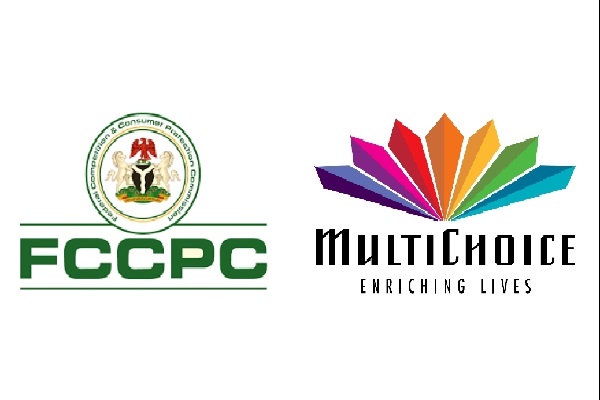
A Federal High Court in Abuja has ruled that the Federal Competition and Consumer Protection Commission (FCCPC) does not have the legal authority to regulate or question how companies determine the prices of their products or services in Nigeria’s free market economy.
Justice James Omotosho, have the ruling in a suit filed by Multichoice Nigeria—operators of DStv and GOtv—challenging the FCCPC’s interference in its pricing structure. The company also sought protection from an earlier legal challenge filed by lawyer Festus Onifade, which sought to restrain Multichoice from increasing subscription prices on its pay-TV platforms.
Although Justice Omotosho dismissed the case as an abuse of court process—given that a similar suit involving the same parties was already ongoing—he offered a decisive interpretation of the FCCPC’s regulatory authority.
The judge held that under Nigeria’s current economic system, which is based on free market principles, the FCCPC lacks the power to set or control prices.
Citing Section 88 of the Federal Competition and Consumer Protection Act (FCCPA), Justice Omotosho emphasized that only the President of Nigeria is legally empowered to regulate the prices of goods and services—and only under specific circumstances.
According to the court, such presidential powers can only be applied to essential goods or services within regulated industries. Furthermore, any delegation of this power to another body, such as the FCCPC, must be done through a formal, gazetted instrument—something the court said does not exist in this case.
“The power to fix prices cannot be exercised by any other person or agency except the President. If delegated, it must be by an instrument and published in the gazette,” Justice Omotosho said. “There is no such delegation before this court; therefore, any action taken by the FCCPC in this regard is beyond its legal authority.”
The judge added that in an open market economy like Nigeria’s, price controls can only apply across an entire industry and not be targeted at a single company unless there is clear evidence of monopoly or dominant market power.



